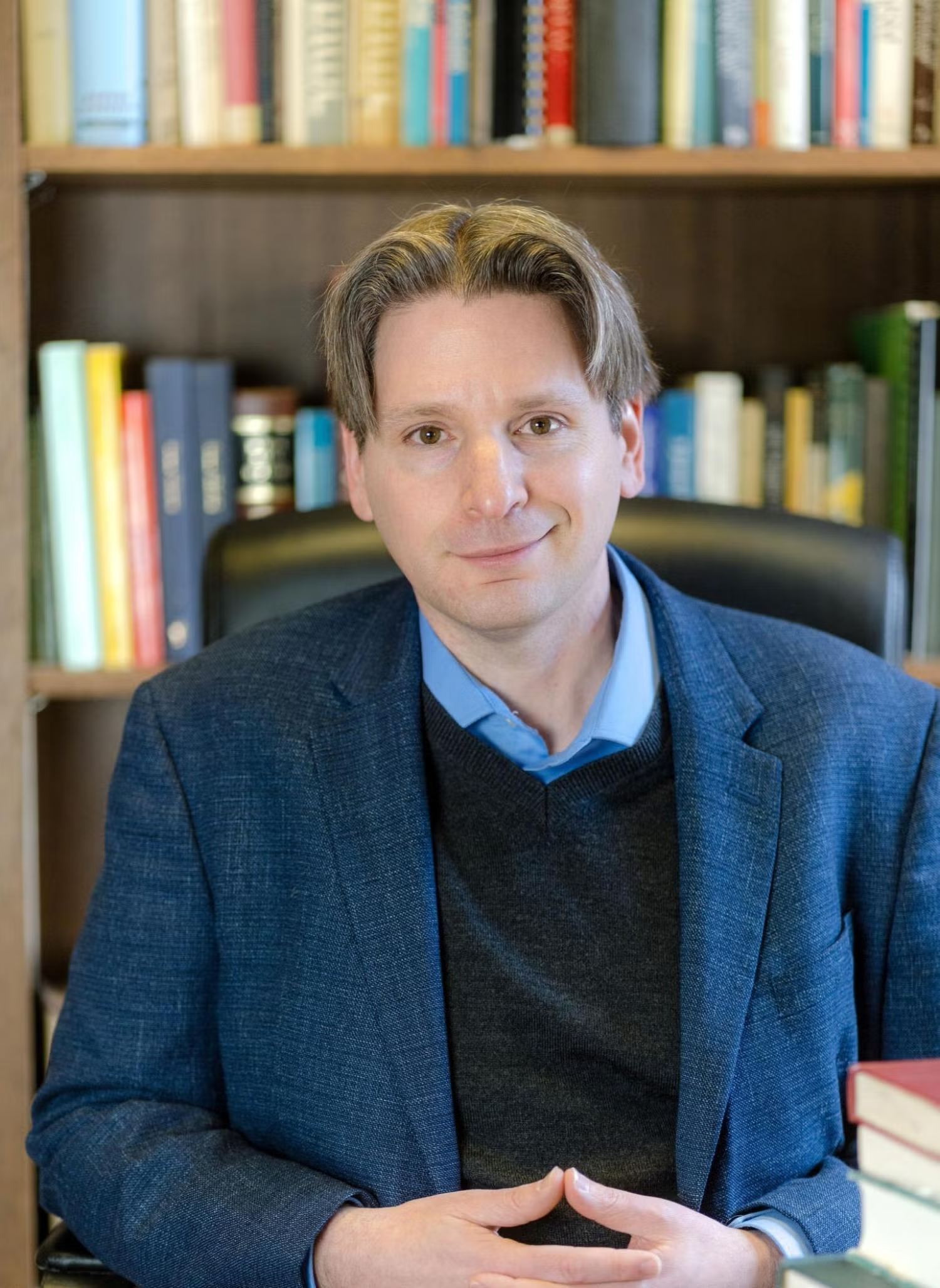Elias Sacks
- Associate Professor
- Associate Chair of Graduate Studies
- RELIGIOUS STUDIES

HUMN 286
Affiliated Faculty are not employees of the Center for Asian Studies. Please contact this faculty member at their home department.
Education
Ph.D., Princeton University
Regional and Thematic Interests
Judaism, religious thought, religion and politics, theories and methods, religious ethics
Profile
Elias Sacks joined the University of Colorado Boulder faculty in 2012, and works on the Jewish tradition, religious thought, and theories and methods in the study of religion. After receiving his A.B. from Harvard University and studying at the Hebrew University of Jerusalem, he earned an M.A. in Religion from Columbia University (2007) and a Ph.D. in Religion from Princeton University (2012). His research focuses on the modern period, with particular areas of interest including Jewish thought, Jewish-Christian relations, philosophy of religion, religion and politics, hermeneutics, and religious ethics. His first book, Moses Mendelssohn’s Living Script: Philosophy, Practice, History, Judaism (Indiana University Press, 2017), offers a far-reaching reassessment of the account of Jewish practice developed by Moses Mendelssohn, the eighteenth-century philosopher generally seen as the founder of modern Jewish thought. Sacks is currently working on a second book on the nineteenth-century thinker Nachman Krochmal, one of modernity’s first Eastern European Jewish philosophers. He has also written on medieval and modern figures such as Moses Maimonides, Baruch Spinoza, Hermann Cohen, Franz Rosenzweig, and Jacob Taubes, and published some of the first English translations of Mendelssohn’s Hebrew works in a new edition of the thinker's writings (Brandeis University Press, 2011, finalist for the National Jewish Book Award).
Sacks is the Modern Judaism editor for the Encyclopedia of the Bible and Its Reception (De Gruyter), and is involved in grant-funded projects on Jews of color in the United States and debates about Jewish inclusion in modern Europe. He holds leadership positions in the Association for Jewish Studies and Society of Jewish Ethics, and previously served as Director of The Jewish Publication Society.

